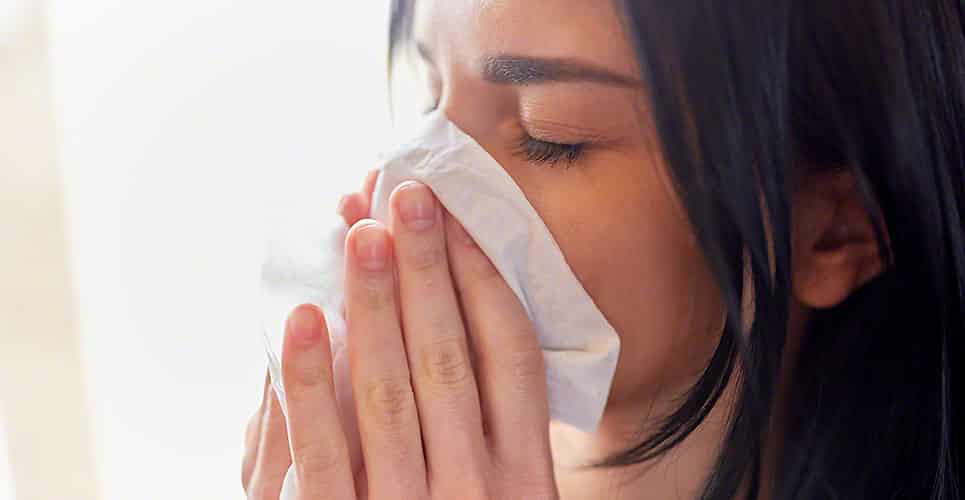Mandibular maxillomandibular advancement surgery is done to treat Sleep Apnea. It is a disorder that is potentially dangerous as it can lead to a lot of to serious problems. There are two types of Sleep apnea, according to sleep center bethesda experts.
- Obstructive Sleep Apnea
With Obstructive sleep apnea, the muscles at the end of the throat relax, and this constricts the airflow, leaving little or no oxygen to your brain. Sensing this, the brain arouses the body by coughing, choking, or snorting. This can happen as much as 30 or more times in one hour. The disturbance is so minor that you won’t even remember waking up, but it keeps you from falling into a profound sleep, which leads to the feeling that you haven’t slept well.
Due to this sleep disorder, the body doesn’t get time to heal itself like muscle and tissue restoration, which takes place in the 8 hours of sleep every night. This restoration process is necessary for your body to feel functional in the morning. Gasping and choking can also take a toll on the respiratory system, which weakens the heart considerably. This condition can lead to heart attack, heart failure, and heart arrhythmia. There are many treatments, one of which is Mandibular maxillomandibular advancement surgery in a sleep center.
- Central Sleep Apnea
This type is less common than obstructive sleep apnea. There is no technicality involved in this, like obstructive sleep apnea. Central sleep apnea is when the brain fails to allow the body to breathe, and you wake up as a result. With central sleep apnea, the body wakes up gasping for air. This leads to difficulty in falling and staying asleep. You should contact a sleep clinic for treatment.
Symptoms of Sleep Apnea
The signs of central and obstructive sleep apnea are quantified together as they almost have the same symptoms, which makes it hard to diagnose which condition you might have. These include:
- Snoring loudly
- Gasping for air during sleep
- Getting up abruptly with a dry mouth
- Migraine in the morning
- Maintaining the sleep
- Drowsiness throughout the day
- Attention deficiency
- The feeling of irritation and agitation
- Chocking during sleep
- Day-time fatigue because of multiple apnea events
- Decreases motor skills and visuospatial memory
- Dry mouth after getting up
- Sexual dysfunction or diminished libido
- Using the bathroom frequently during the night
When sleep apnea goes undetected and untreated, it can lead to dangerous problems like:
- High blood pressure
- Stroke
- Heart failure, heart attacks
- Diabetes
- Depression
- Extreme attention deficiency disorder
- migraines
- Dozing off while driving
- Extreme mood swings
- Loss of sexual appetite
So, visiting a sleep clinic is important if you see the above symptoms
Treating Sleep Apnea
Sleep apnea isn’t incurable, it can be cured if treated with regularity. In fact, many treatments are available in sleep centers, from nonviolent to extreme treatments. Here’s the list.
- Losing Weight
Obese and overweight adults over the age of 65 are the most common victims of sleep apnea. So, losing weight at home can be very helpful in fighting the condition and putting an end to it.
- Avoiding Alcohol and Sleeping Pills
Sleeping pills and alcohol are the two most common things that make us lose control. At the same time, the brain must be completely controlled if the patient is suffering from sleep apnea. Cutting back on alcohol and sleeping medication can help.
- Changing Sleep Positions
Avoid sleeping on your back, this accelerates the problem. Try changing positions till you find a comfortable one that lets you sleep easily.
Continuous Positive Airway Pressure (CPAP): This is done with the help of a machine that sends a continuous flow of oxygen to the patient through a make placed on the patient’s nose. Obviously, this isn’t a comfortable solution, but this is the most used one.
- Surgery
This is the most extreme and last option to correct sleep apnea by doing Surgeries on various parts like:
- Nasal surgery: to rectify the deviated septum to eliminate sleep apnea.
- Uvulopalatopharyngoplasty (UPPP): The removal of the soft tissue at the end of the throat is the leading cause of sleep apnea. This increases the broadness of the airway, so airflow will be depleted.
- Mandibular maxillomandibular advancement surgery (MMAS): This is done to rectify specific facial issues that can back sleep apnea.
Every medical condition can worsen with time, that is way it is advised to visit a sleep apnea clinic bethesda before it gets out of hand.



